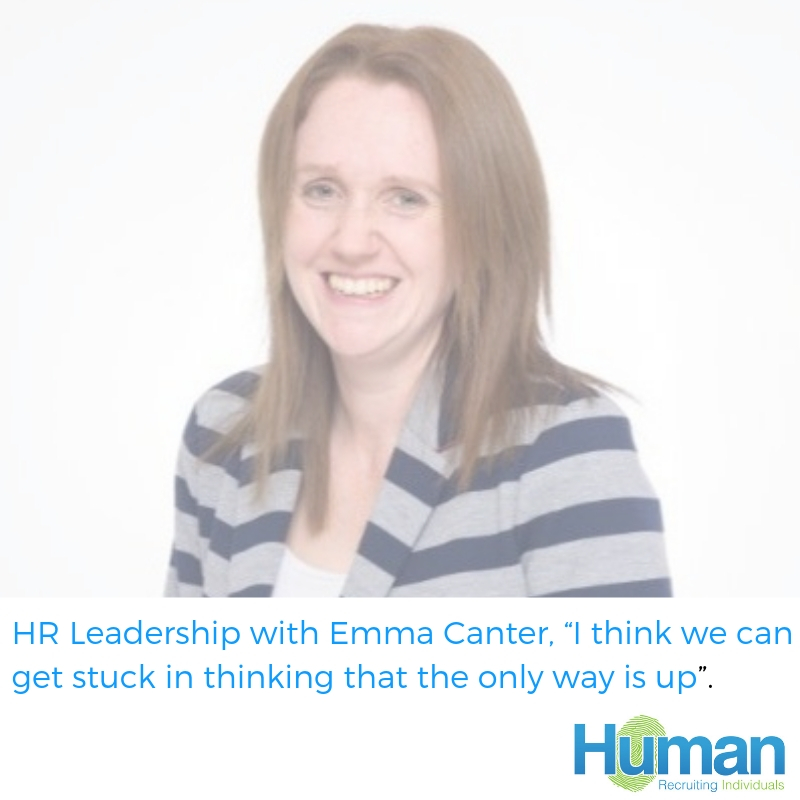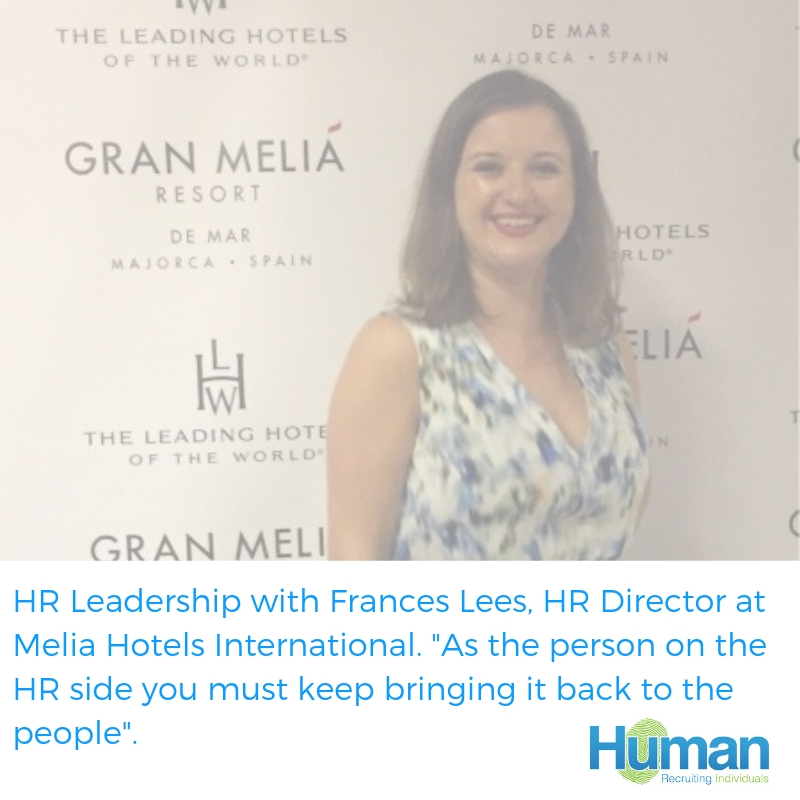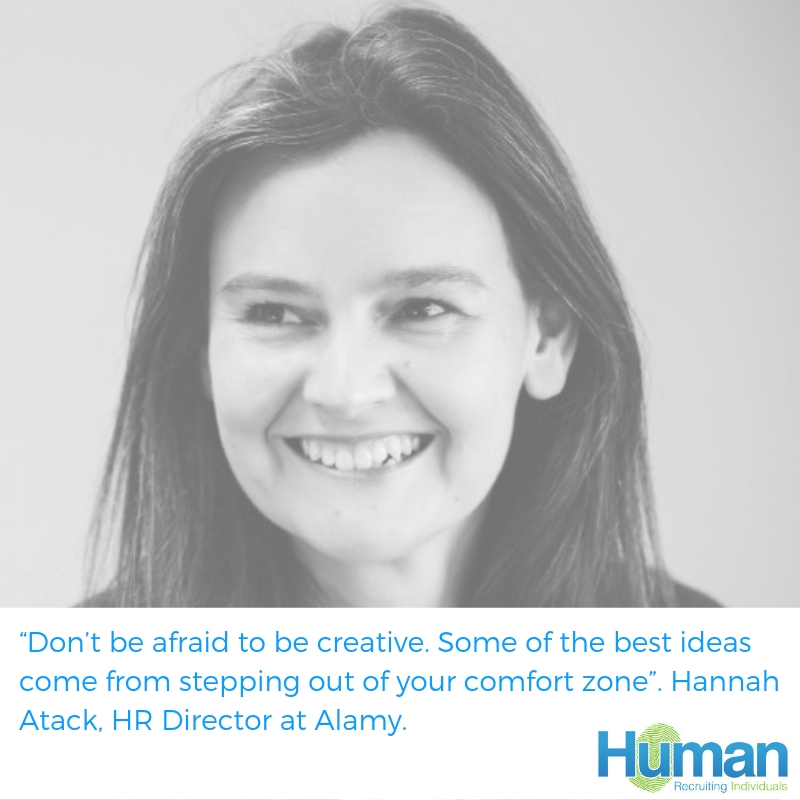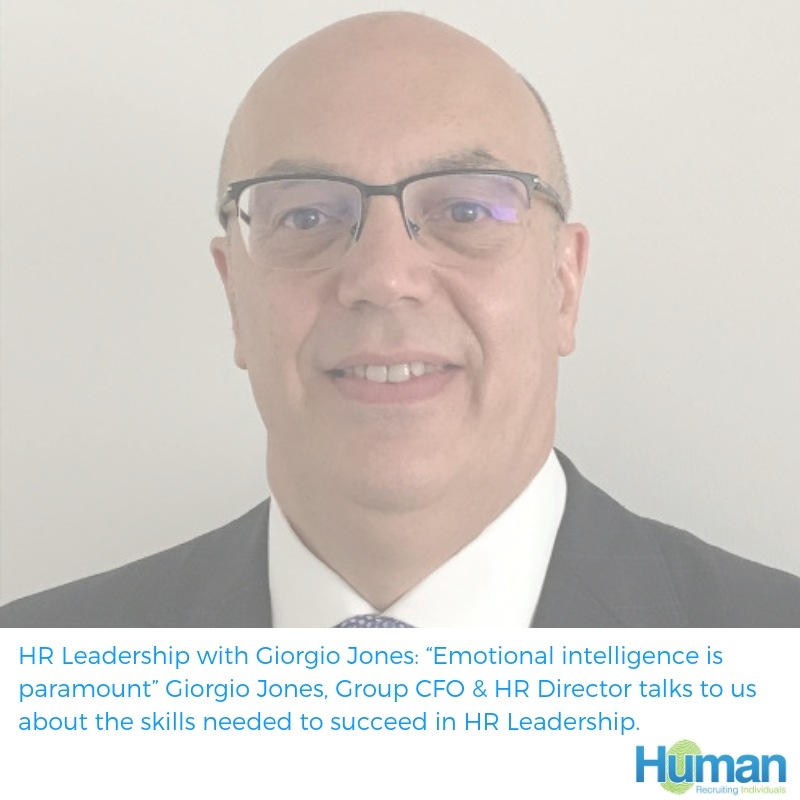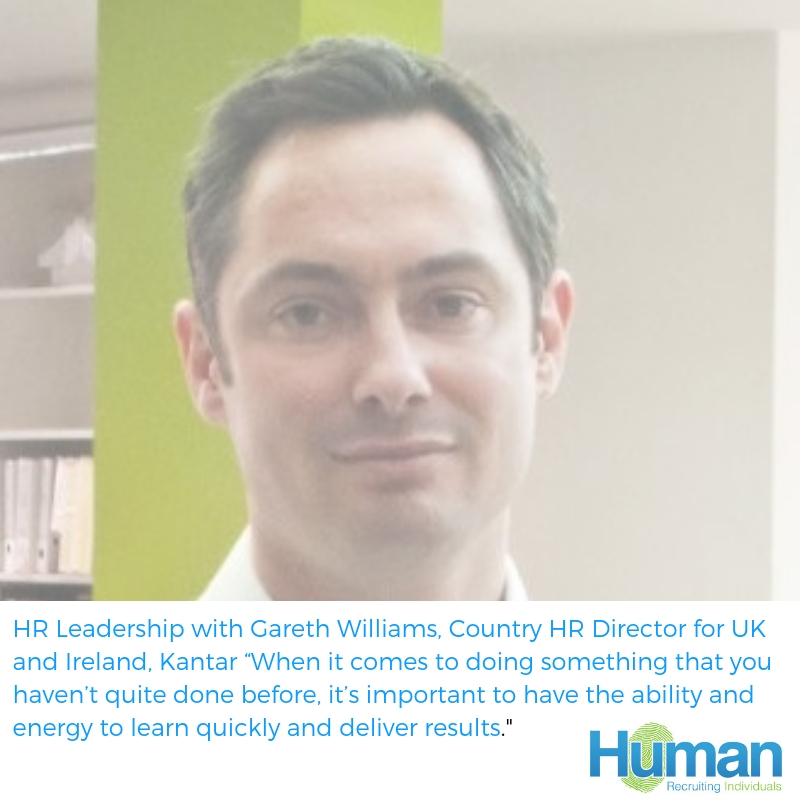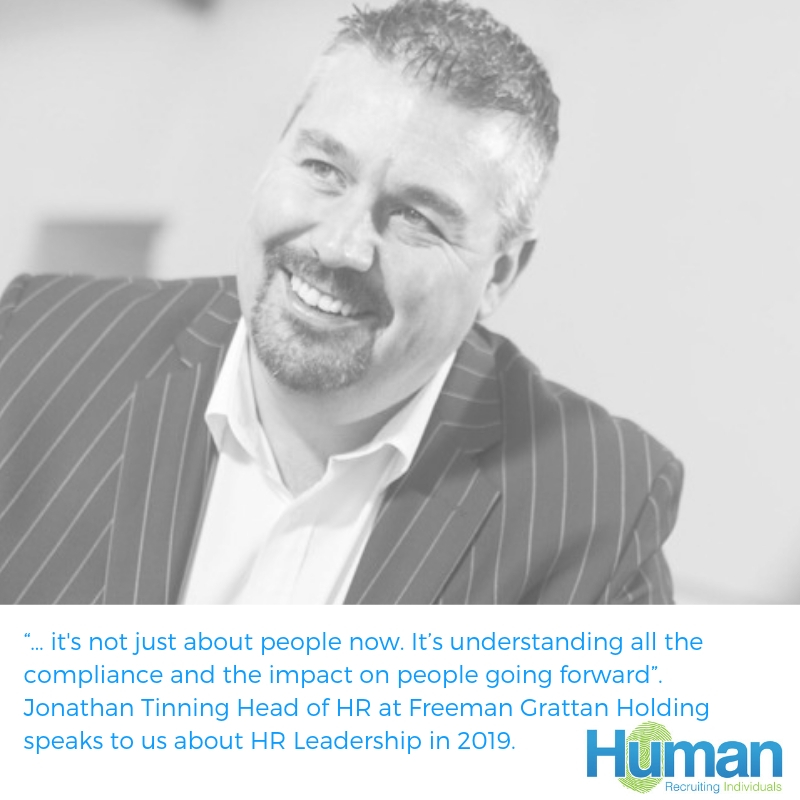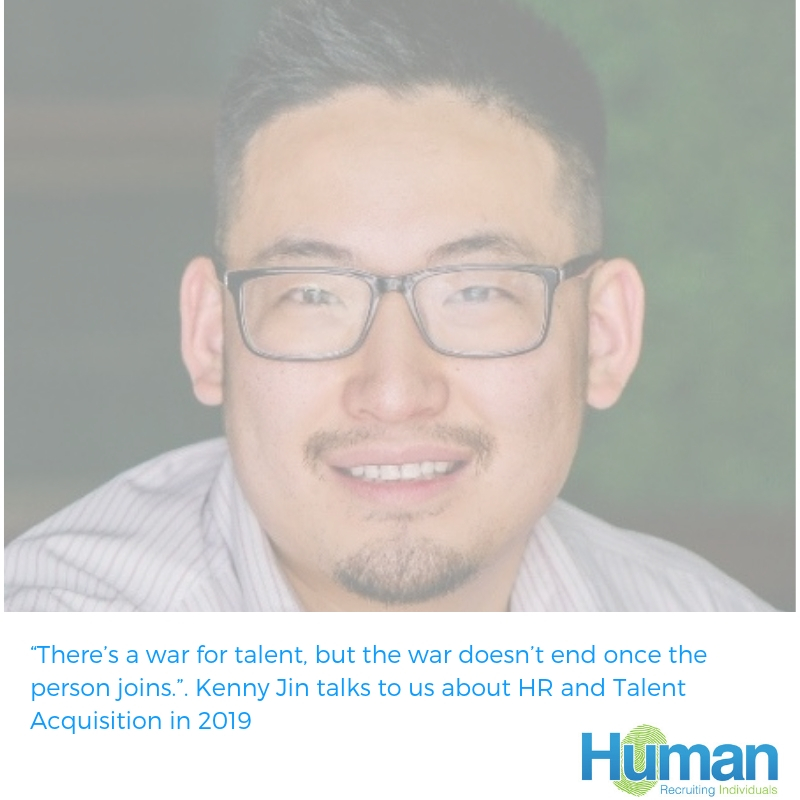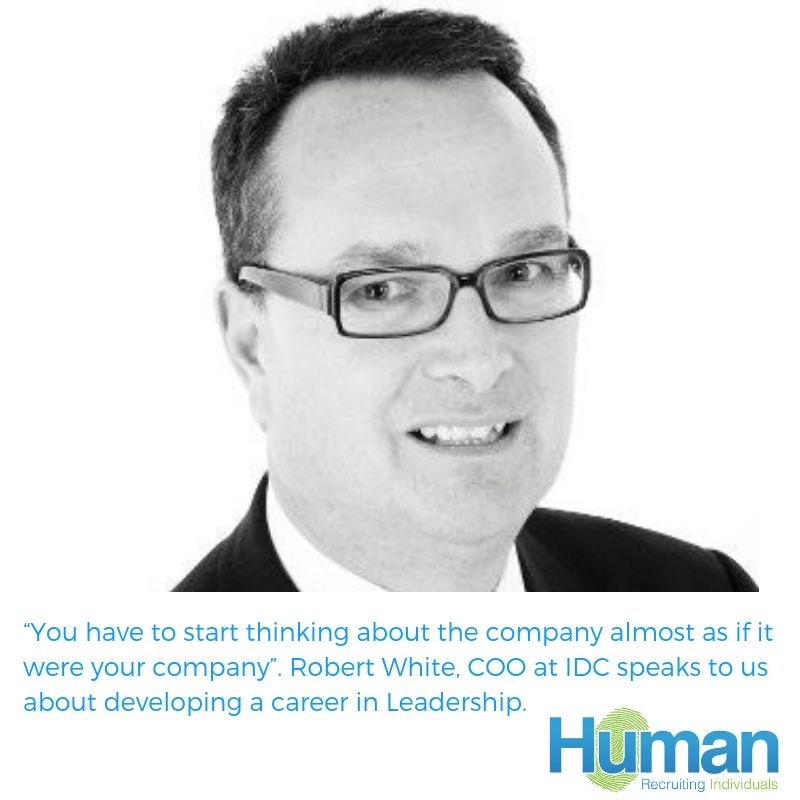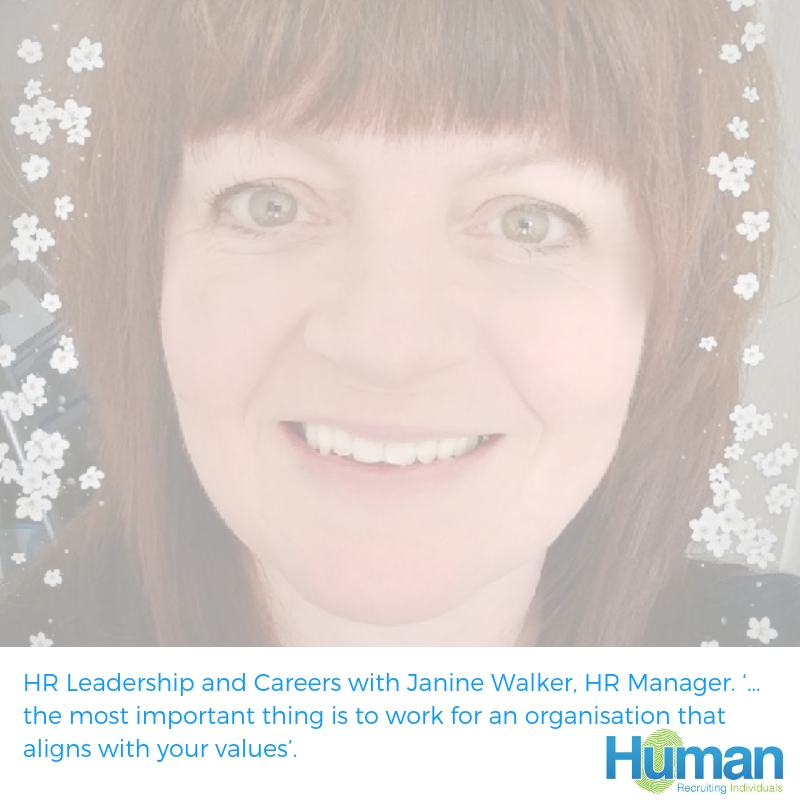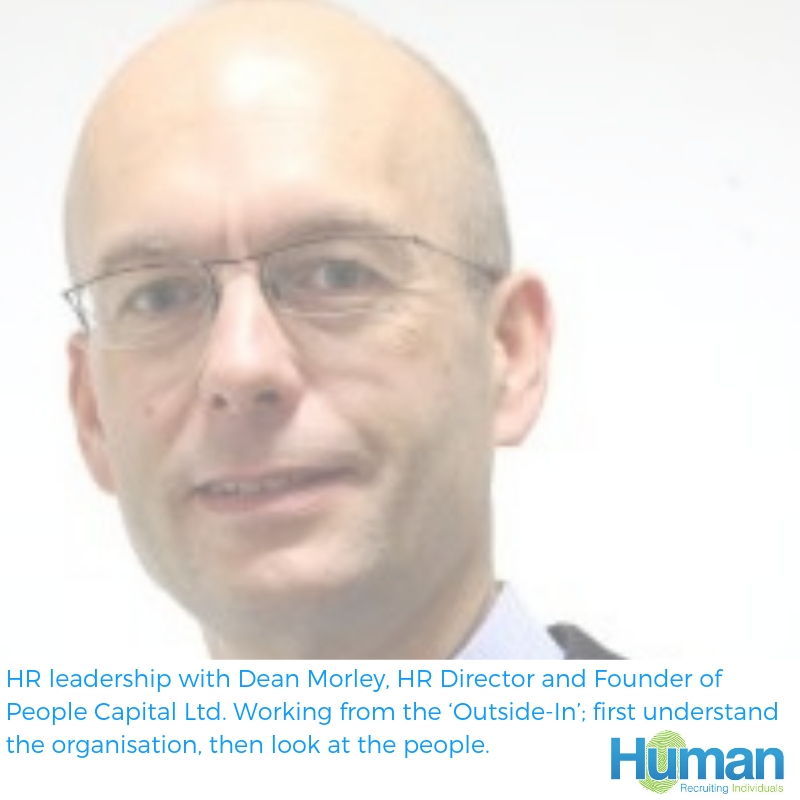HR Leadership with Emma Canter, “I think we can get stuck in thinking that the only way is up”.
As part of our commitment to supporting candidates to develop fulfilling careers, we’ve invited HR Leaders across the UK to share the secrets of their success. This week, we had a great conversation with Emma Canter, Executive Coach and Owner of Valueship Consulting, which provides organisations with Leadership and Performance coaching, as well as Culture Development support. Prior to running her own consulting firm, Emma spent over 16 years working for British Gas and its subsidiaries in various HR leadership roles. She served as HR Director for both Business and Residential Energy divisions, and also spent four years in the US as Head of HR and Talent Development for Direct Energy. Can you tell us how you got into HR? “Looking back, I would say, I fell into HR. It was sort of a conscious decision, but a lot of it was unconscious. When I did my business degree, I really enjoyed two elements of it: marketing and HR.” “In my last year, I got a part time role in an energy organisation, which was Enron. I was working as an analyst, which was very different to HR. And I knew very, very clearly that that wasn’t what I wanted to do, but it was a way of paying off debts. So I was looking for a new HR or marketing role, and the HR one came up first.” “And then, the Enron crisis happened. That was probably the moment I became more conscious of my career in HR, and the impact of a business going under and how people emotionally responded to it. I was fascinated by it. The massive people side of it is just not predictable. That got me hooked and not wanting to move out of HR. You can find yourself getting really surprised and really curious about why people do what they do, and the impact that it has on the business.” “British Gas bought Enron out, and it was a fascinating experience. At the time it felt like the grey suits arrived to take us over. I had this sense of dread of, “Oh. I’m not sure I want to work for this organisation.” But look at what happened 16 years later. So, don’t judge a book by its cover is probably a big lesson that I learned from that period.” “Ultimately, we ended up joining a part of the business that had very little HR support, which gave me a massive opportunity to learn as much as I possibly could across the HR spectrum. At that time, which was early in my career, I was really ambitious, and thirsty, and just wanted to learn, learn, learn. I kept asking for projects. It was probably the best foundation for my HR career that I could have possibly asked for.” What key themes and challenges are you seeing in HR at the moment? “The world is in quite an ambiguous and uncertain place right now, and I’m not just talking about the UK perspective. Some of my clients are global, and there’s a lot of policy or decisions and/or politics that make doing business uncertain and unpredictable. The biggest question that I get is, ‘How can you help leaders lead in that ambiguity and in that constant change and unknown?’ It’s not that we haven’t done it before. But it seems to be bigger, greater, and more pressing than it’s ever been felt. So that’s quite an interesting challenge and dynamic.” “The topic of leadership always seems to come up too. There are always questions like, ‘How do I get people to step up? What can leadership do in order to be more high performing as an organisation? What’s the tone that we’re setting? What’s the shadow that that creates that we’re not aware of?’ And then, sort of a spin off but still linked is, ‘What kind of culture is going to enable our people to be as successful as they can possibly be, and how can you help us lead from that position of culture?’”. What career advice would you offer someone who is either developing a career in HR or is thinking about taking that next step into an HRD role? The first place I always start with is to follow your heart and follow your gut. I fought against that advice a few years ago when I had a conversation with someone about going out on my own. I found myself with a belief that the classic hierarchical structure was the way I needed to go. But actually, from a true happiness perspective, it really wasn’t. Because now, I’m much happier. I enjoy my work more, and I’m able to give it more than I ever did the HRD role, because every day, I’m doing something I love. So, I think follow your heart and follow your gut is something I wish I had done a better job of for myself. Secondly, I think we can get stuck in thinking that the only way is up. You can always be a bit more creative by looking laterally and getting different perspectives. You may be surprised at what you find and how it better fits you. I’m also fascinated by the transition from HRD to CEO. Based on my experiences of leadership and a lot of the things that I currently do, if more HRDs made that transition, I truly believe we would have more higher performing organisations. Ultimately, because most organisations rely on people to deliver whatever the service is that they deliver to their clients and that service delivers profits. If the people aren’t engaged, you’re automatically weakening your position of being able to create the client satisfaction that creates the profit, and an HRD knows that piece around people. I would love a world, in the not too distant future, where we see way more of that happening. My instinct tells me that the chairman of a company and all the decision makers around that transition really need

